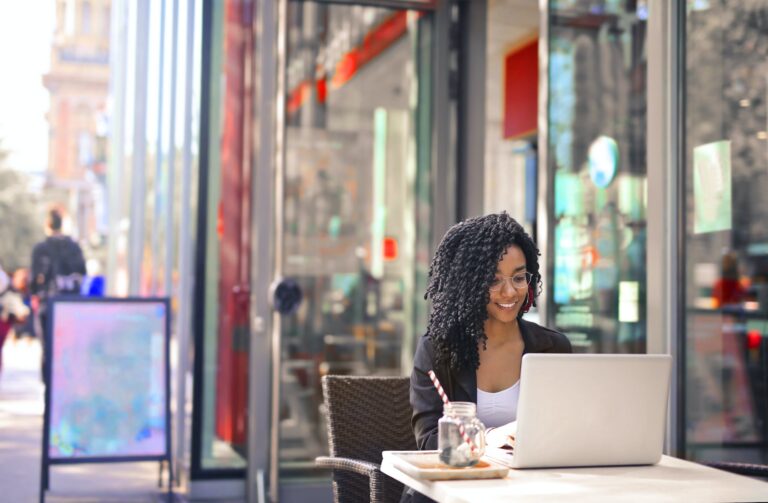Navigating Doubt: A Journey from Faith to Humanism
In the quaint setting of my grandmother’s North Carolina house, surrounded by family during our annual Easter gathering, I found myself questioning the beliefs ingrained in our tradition. At the tender age of 12, I couldn’t reconcile the portrayal of Pharaoh Rameses in “The Ten Commandments” with the teachings from church. Doubt began to creep in, planting seeds that would later bloom into a profound transformation.
As a teenager grappling with bouts of depression and the complexities of my identity, I sought solace in diverse belief systems during my college years. Comparative religion opened my eyes to Buddhism, Baha’ism, and eventually a journey through spiritualism, Deism, Atheism, and Humanism. Each exploration contributed to an evolving understanding of self and existence.
The pivotal moment came when I realized the disconnect between my newfound beliefs and the societal expectations within my community, especially as a person of color. The fear of being an outcast restrained me from openly sharing my evolving worldview. Humanism became my lifeline, freeing me from the chains of depression and offering a sense of purpose.
Living in rural China provided a unique perspective. Surrounded by a community untouched by religious beliefs, I witnessed kindness, peace, and happiness. Empowered by this experience, I yearned to share the liberation humanism brought me.
Yet, confronting my own community posed an overwhelming challenge. I questioned why so many clung to religions that justified historical injustices and perpetuated societal ills. The intertwining of Black life and church life became a barrier to change, prompting me to advocate for a new cultural seed fertilized by freethought.
Humanism emerged as a beacon, offering a fresh foundation for understanding our shared humanity. Observing the impact of Christianity on African American culture, I realized the need for a cultural paradigm shift—one that seeks to redeem the human condition from racism, sexism, homophobia, and ideological triggers of suffering.
This paradigm shift requires acknowledging that morality isn’t a divine gift but a complex interplay of innate sensibilities and evolving value systems. Humanism, with its roots in reason and intellectual liberation, emerges as our best hope for navigating reality without clinging to illogical myths.
As a leader in the freethought movement, I advocate for the integration of diversity and humanism. Recognizing the unique struggles faced by people of color, I emphasize the importance of creating safe spaces and amplifying voices within the humanist community.
The journey from faith to humanism is both personal and collective. It’s a testament to the power of doubt, self-discovery, and the transformative potential of embracing a worldview that celebrates our shared humanity. In navigating doubt, I found not only liberation but a profound sense of purpose in advocating for a more inclusive and enlightened world.
Discover more from DG Speaks
Subscribe to get the latest posts sent to your email.



2 Comments
Comments are closed.